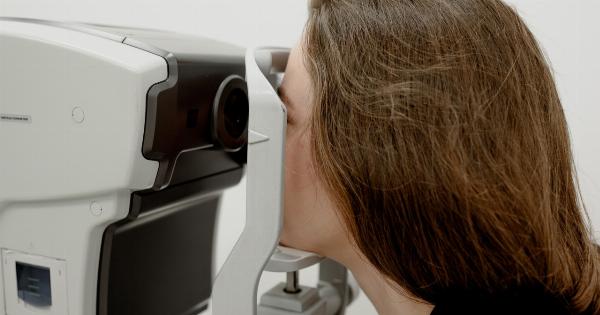Endometriosis is a chronic and often painful condition that affects the reproductive system in women. It occurs when the tissue lining the uterus, called the endometrium, grows outside of the uterus, typically in the pelvic region.
This abnormal growth can lead to a range of symptoms, including pelvic pain, heavy periods, and infertility.
What is Endometriosis?
Endometriosis is a condition that affects approximately 10% of women during their reproductive years. The exact cause of endometriosis is unknown, but there are several theories.
One theory suggests that endometrial cells may travel backward through the fallopian tubes during menstruation, leading to the implantation of these cells in the pelvic region. Another theory suggests that endometriosis may be caused by hormonal imbalances or a weakened immune system.
Signs and Symptoms of Endometriosis
The severity of endometriosis symptoms can vary from mild to severe. Some women may experience no symptoms at all, while others may have debilitating pain and difficulty conceiving. Common signs and symptoms of endometriosis include:.
- Pelvic pain
- Heavy or irregular periods
- Painful bowel movements or urination
- Pain during sexual intercourse
- Infertility
How Does Endometriosis Affect Fertility?
Endometriosis can have a significant impact on fertility. The abnormal growth of endometrial tissue can lead to the formation of scar tissue, adhesions, and ovarian cysts.
These can distort the pelvic anatomy and interfere with the proper function of the fallopian tubes, ovaries, and uterus.
One of the major concerns for women with endometriosis is the increased risk of infertility. It is estimated that up to 50% of women with endometriosis may experience difficulties conceiving.
The exact reasons for this are not fully understood, but there are several possible explanations.
Endometriosis and Ovulation
Endometriosis can disrupt the normal process of ovulation, which is crucial for fertility.
The presence of endometrial tissue outside the uterus can lead to the formation of adhesions, which can block the fallopian tubes or interfere with the release of eggs from the ovaries. This can reduce the chances of sperm reaching the egg for fertilization.
Reduced Egg Quality
Chronic inflammation caused by endometriosis can also lead to the production of harmful substances, such as free radicals, in the pelvic region.
These substances can damage the eggs and reduce their quality, making it more difficult for fertilization to occur successfully.
Implantation Issues
Endometrial tissue growths outside the uterus can also affect the ability of a fertilized egg to implant itself properly in the uterine lining.
The presence of scar tissue or adhesions can create an unfavorable environment for implantation, leading to difficulties in achieving a successful pregnancy.
Treatment Options for Endometriosis-Related Infertility
If you suspect that endometriosis may be affecting your fertility, it is important to consult with a healthcare professional. They can conduct a thorough evaluation and recommend appropriate treatment options based on your specific circumstances.
Some common treatment options for endometriosis-related infertility include:.
- Medication: Hormonal medications, such as birth control pills or GnRH agonists, can help reduce the growth of endometrial tissue and alleviate symptoms. These medications can also improve fertility outcomes in some cases.
- Surgery: Laparoscopic surgery is often recommended for women with endometriosis and fertility issues. The surgeon can remove adhesions, cysts, and endometrial tissue to improve the chances of conceiving naturally or with assisted reproductive technologies.
- Assisted Reproductive Technologies (ART): In vitro fertilization (IVF) is a commonly used fertility treatment for women with endometriosis. IVF involves the retrieval of eggs, their fertilization in a lab, and the transfer of embryos into the uterus. This bypasses any issues related to fallopian tube blockages or implantation difficulties.
Conclusion
Understanding the link between endometriosis and fertility is essential for women who are experiencing symptoms or having difficulty conceiving. It is crucial to seek professional medical advice and explore various treatment options.
With the right interventions, many women with endometriosis-related infertility can still achieve their dream of becoming mothers.





























